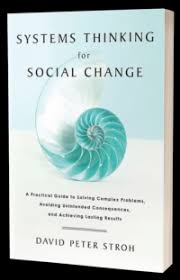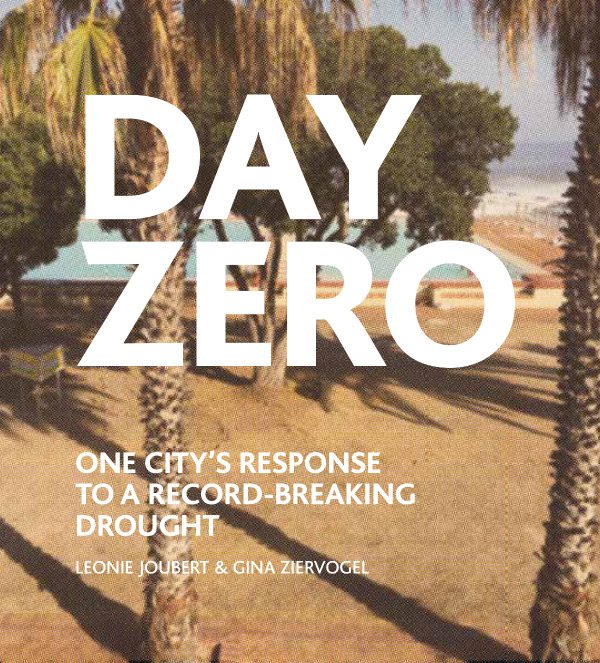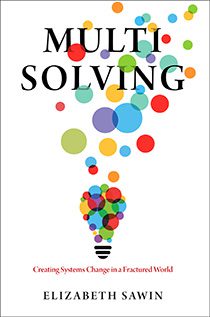Resilience Thinking offers a different way of understanding the world and a new approach to managing resources. It embraces human and natural systems as complex entities continually adapting through cycles of change, and seeks to understand the qualities of a system that must be maintained or enhanced in order to achieve sustainability. It explains why greater efficiency by itself cannot solve resource problems and offers a constructive alternative that opens up options rather than closing them down. Written by Carl Folke, Stephen R. Carpenter, Brian Walker, Marten Scheffer, Terry Chapin and Johan Rockström.

Systems Thinking For Social Change
A Practical Guide to Solving Complex Problems, Avoiding Unintended Consequences, and Achieving Lasting Results Systems Thinking for Social Change enables readers to contribute more effectively to society by helping them understand what systems thinking is and why it...







